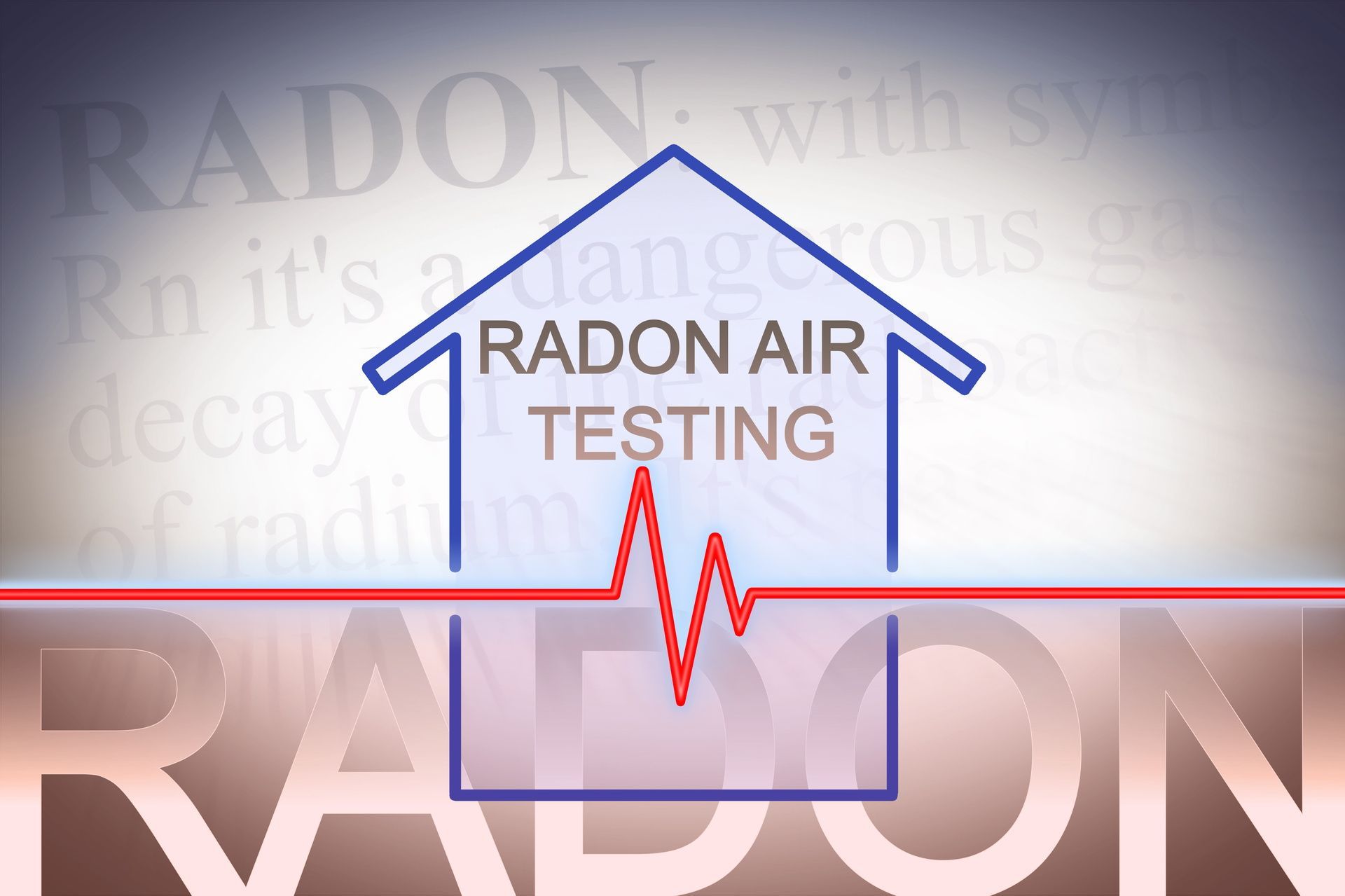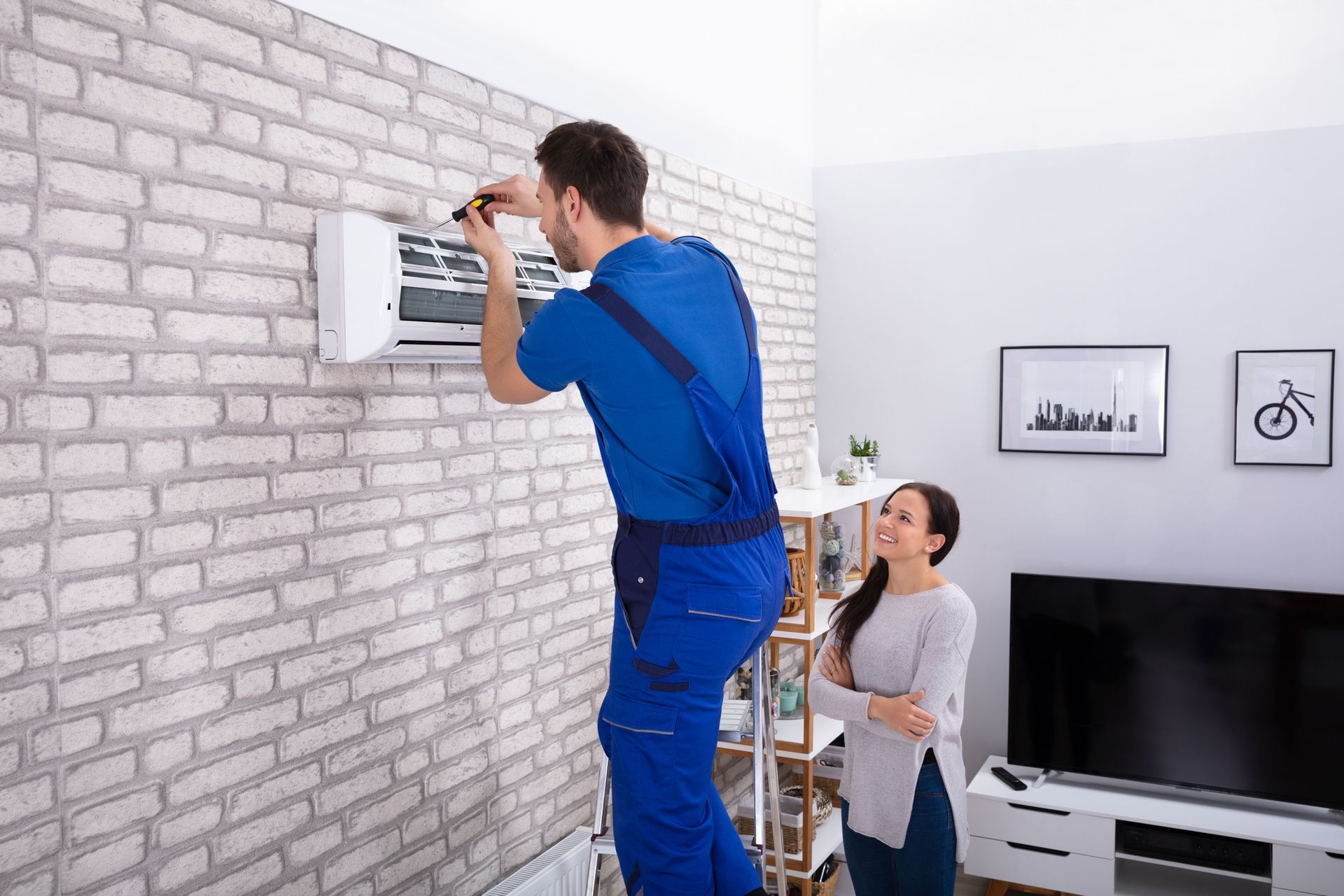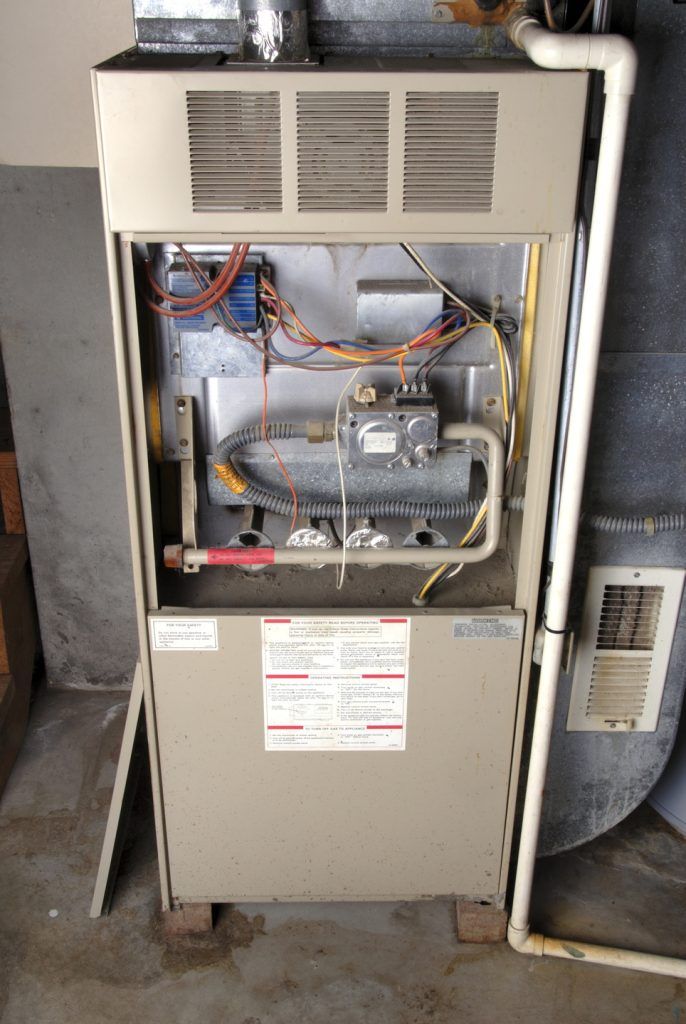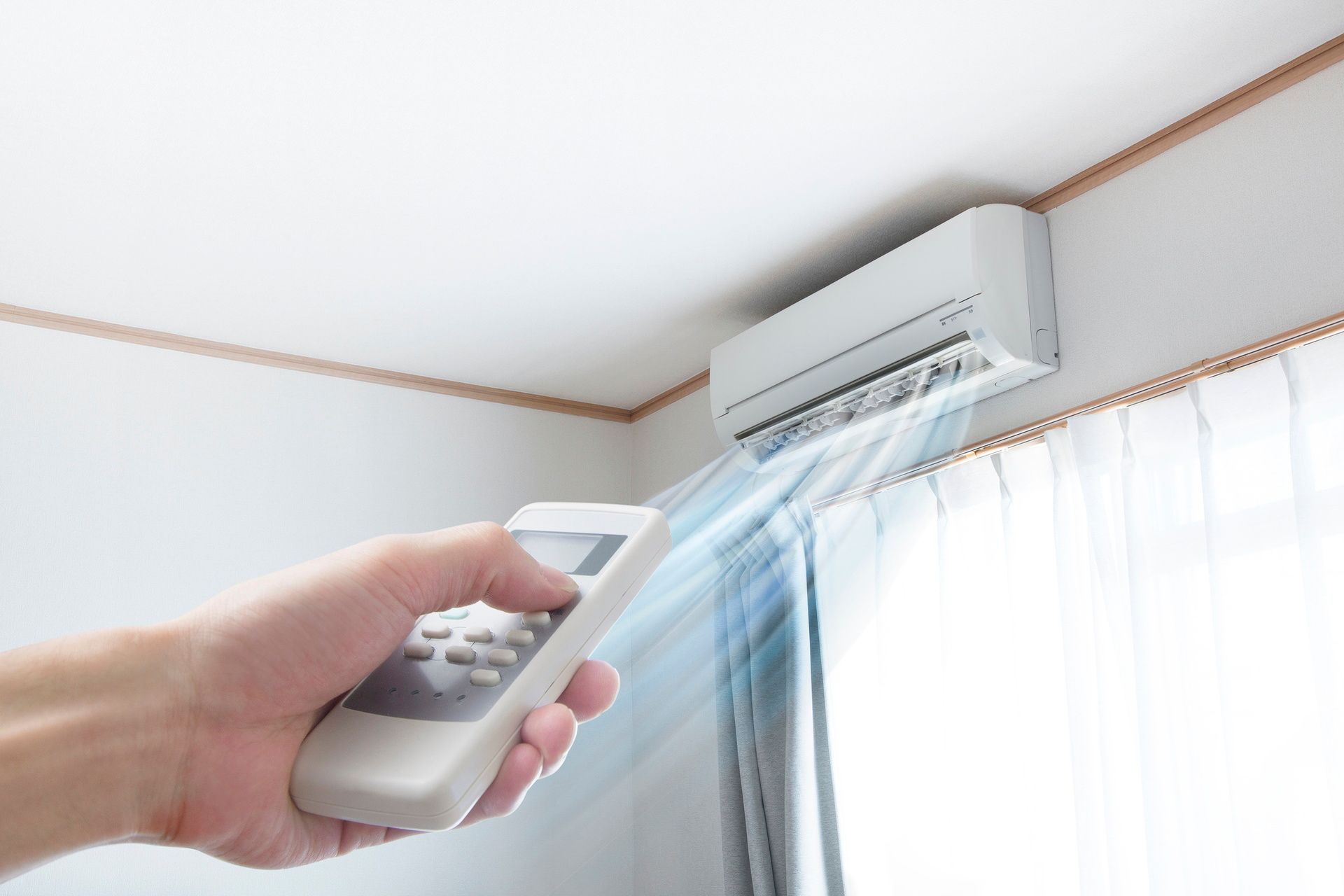Radon is a radioactive gas that can be present in the air or water. It gets released from the ground and has no odor, so it’s difficult to detect without testing for it. The question is, how do you know if you need radon testing at your house?
You can keep reading to learn more about some of the reasons you want to schedule radon testing, and how frequently you should invest in the service. Then get our team a call for your radon testing in Portland and we can help you with the next steps.
What Is Radon?
Radon is a naturally occuring radioactive gas. It develops when metals like uranium, thorium, or radium break down in rocks, soil, and natural water sources. You’re almost always exposed to radon since it comes from the earth, but it is possible for radon levels to be too high.
High radon levels are more common when the gas enters buildings through gaps and cracks, then becomes concentrated in higher levels. This happens because the gas gets trapped inside of rooms, homes, and buildings and begins to build up more than it would outside where there is more space.
Types of Radon Tests
There are two types of radon tests. One is short-term and the other is long-term. A short-term radon test usually lasts for somewhere between two days and a week. A long-term radon test remains in your home for 90 days or longer. Important things to remember during radon testing include:
- Each radon test device has a different minimum exposure time. It’s usually 48 hours or longer.
- Your home needs to remain closed for 12 hours before the test begins.
- Once the test is active, you need to keep windows and doors closed with the exception of entering and leaving your home.
- You should not operate fans while the test is active.
- If you decide to purchase a test on your own, read the directions carefully and follow them precisely for accurate results.
- If you hire a professional team, make sure they have the proper credentials for conducting radon testing. (Our team is here to help!)
- Radon levels are considered high at 4 pCi/L or higher.
Addressing Test Results
If your home has high radon levels, you want to take action soon to address the issue. You may be wondering why radon is so concerning. The radioactive gas is known for causing lung cancer, and breathing too much of it increases your risks of developing lung cancer.
Our team can help by installing a radon mitigation system. Unfortunately most air purifiers aren’t strong enough to lower radon levels enough, so you need a customized solution. In addition to a system specifically designed to reduce radon levels, you may also want to invest in a ventilation system that constantly cycles fresh air into your home while also getting rid of stale air.
Please call Sydni, our Office Extraordinaire, to schedule your next appointment ! We will take care of you from there!
The post Why Might Your Home Need Radon Testing? first appeared on Clean Air Act Inc..




















